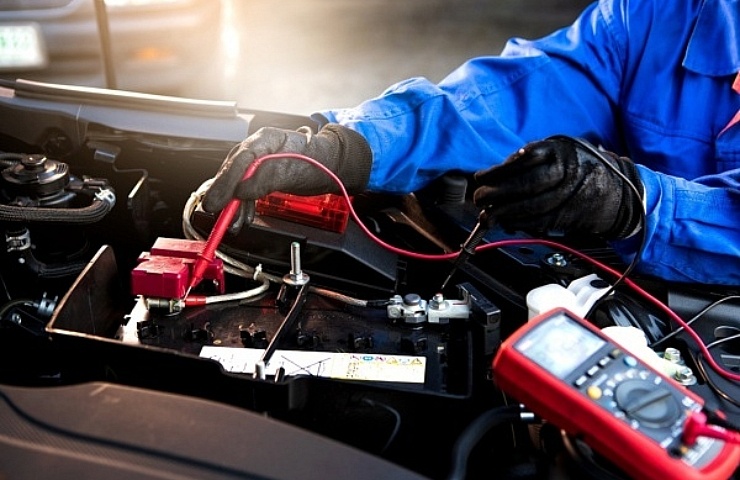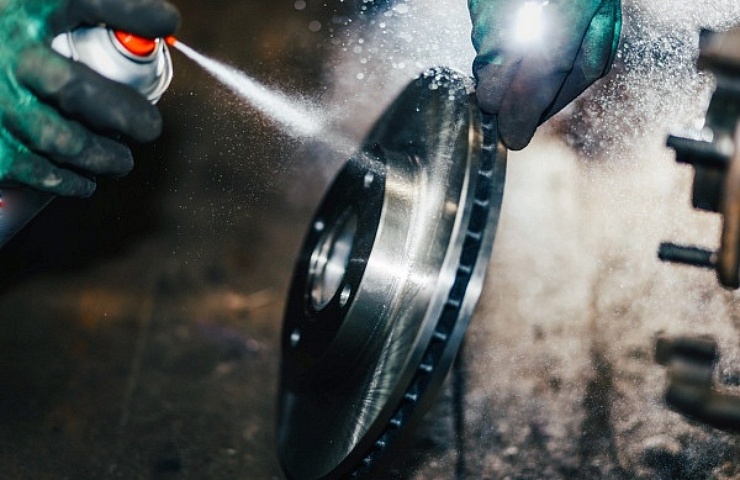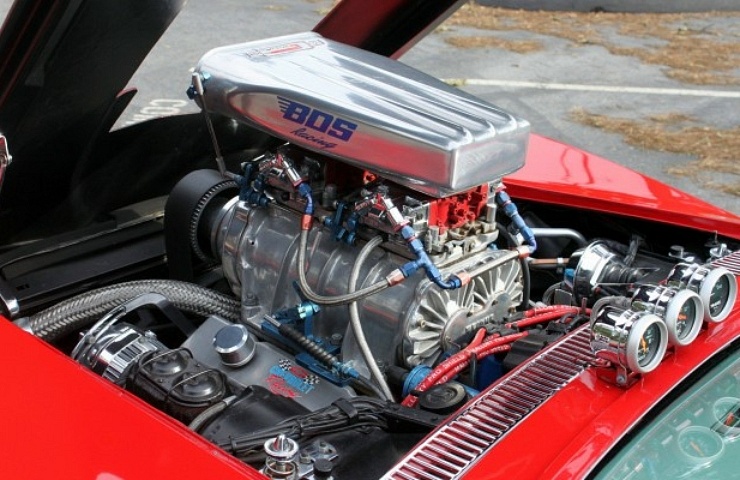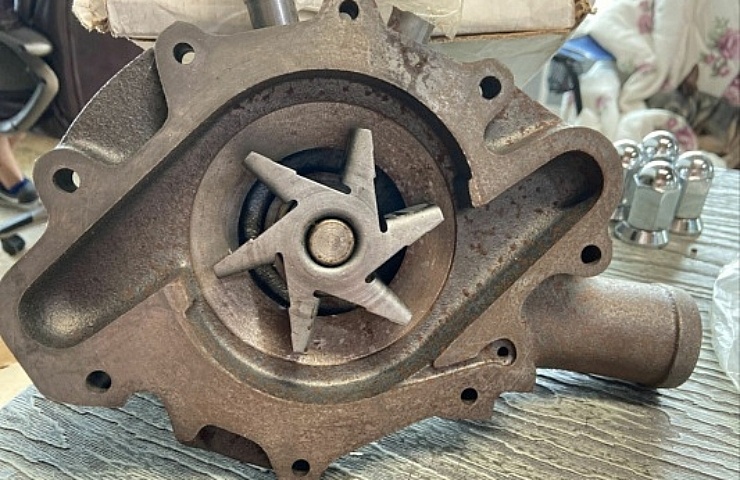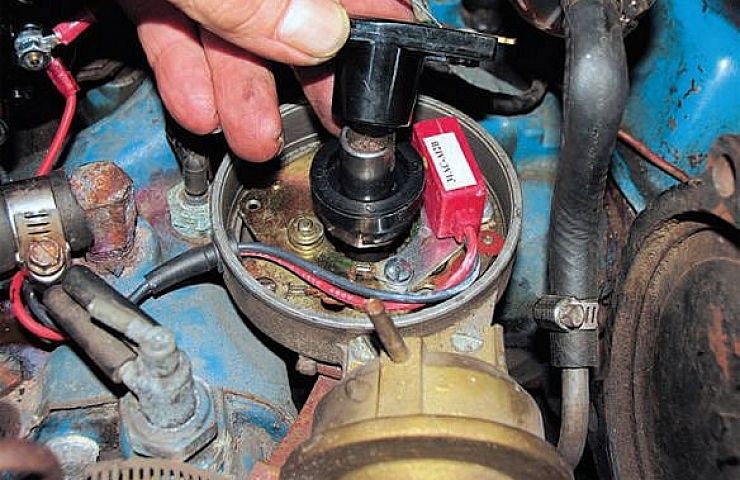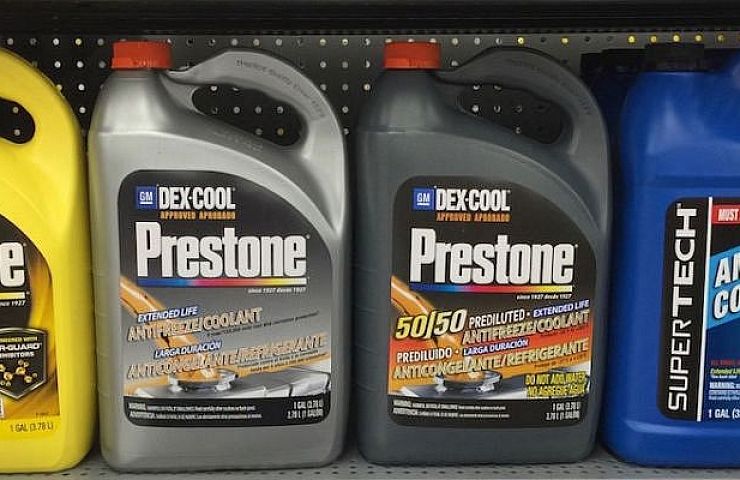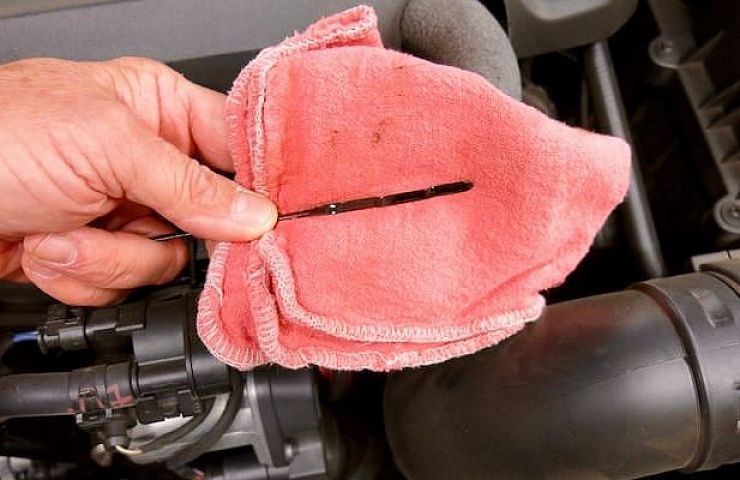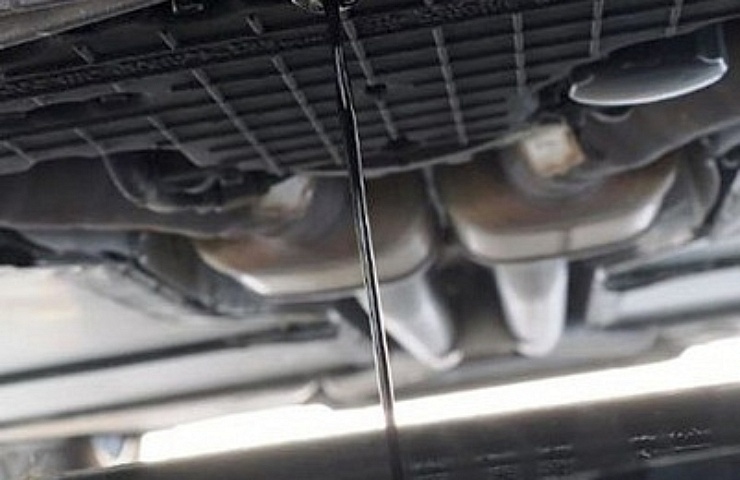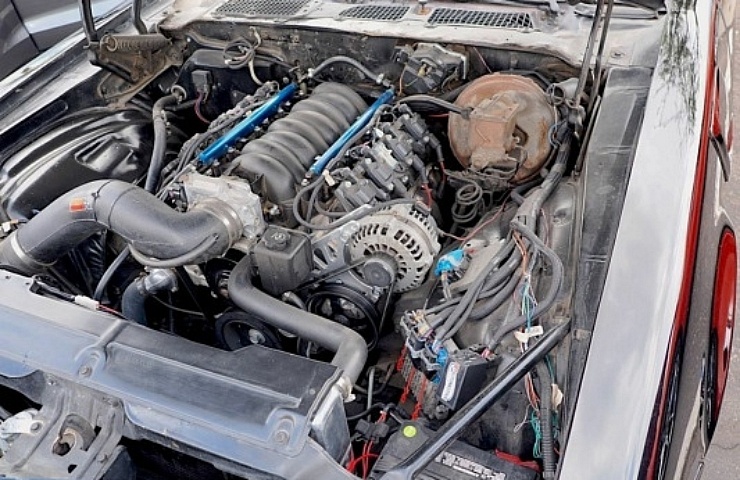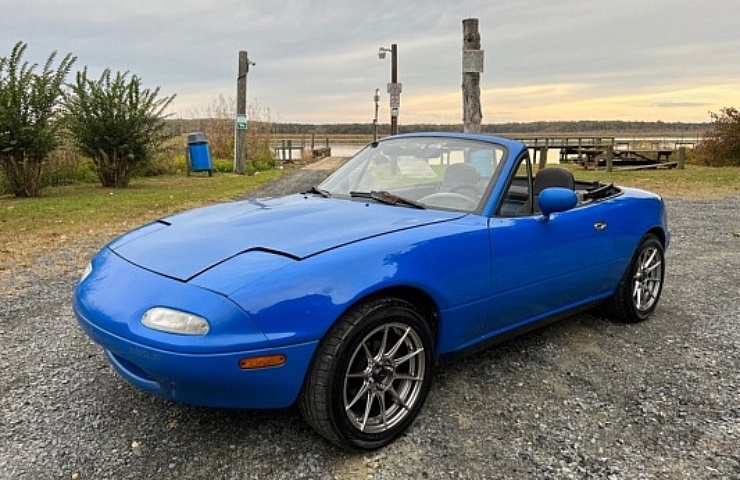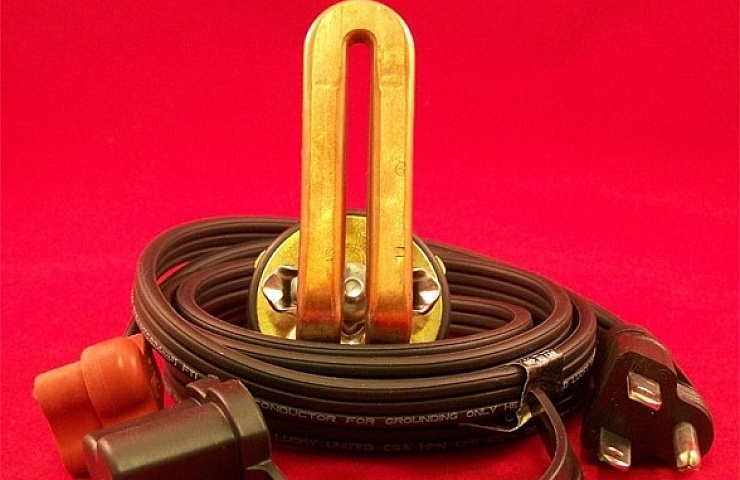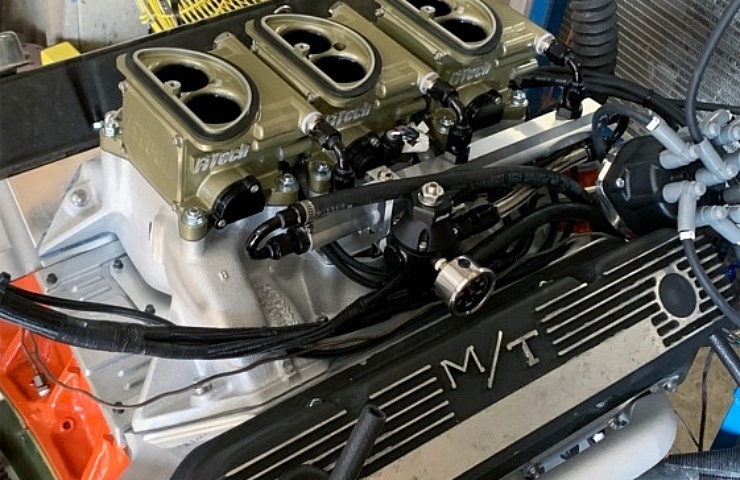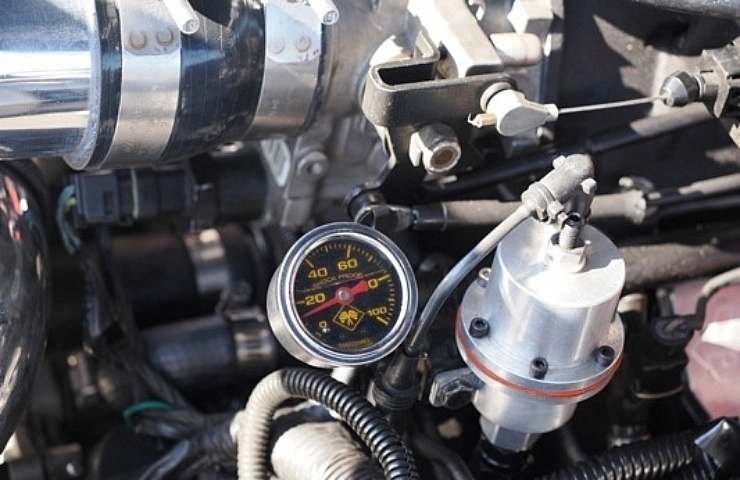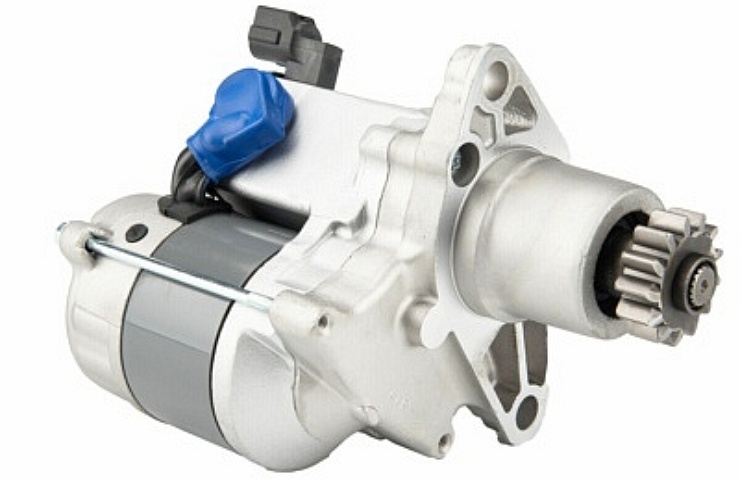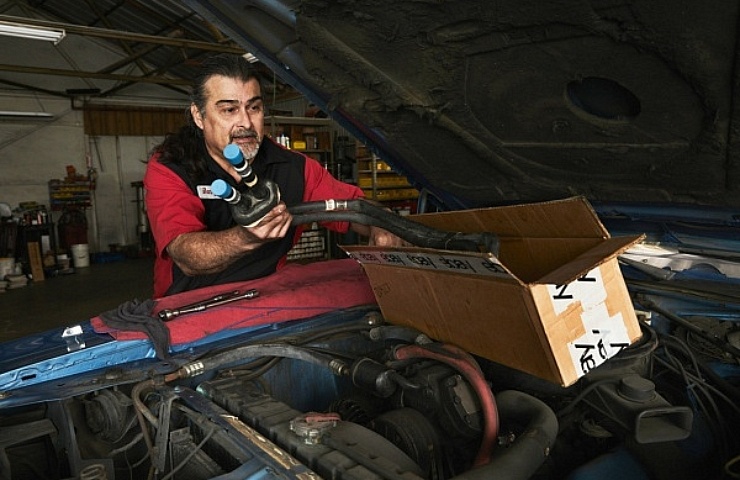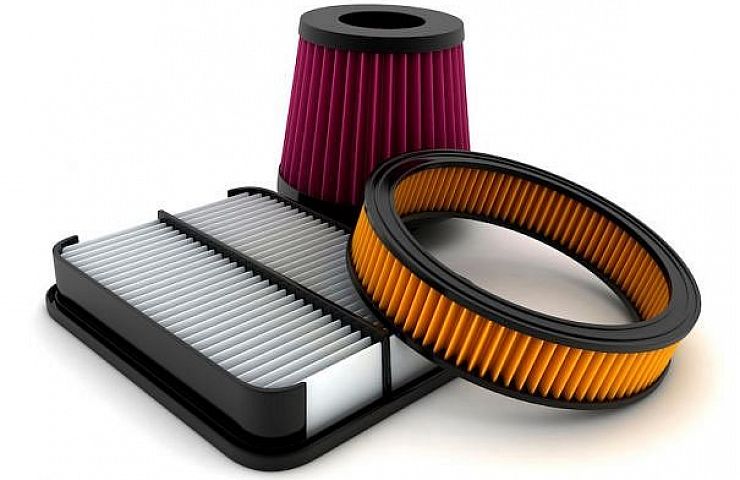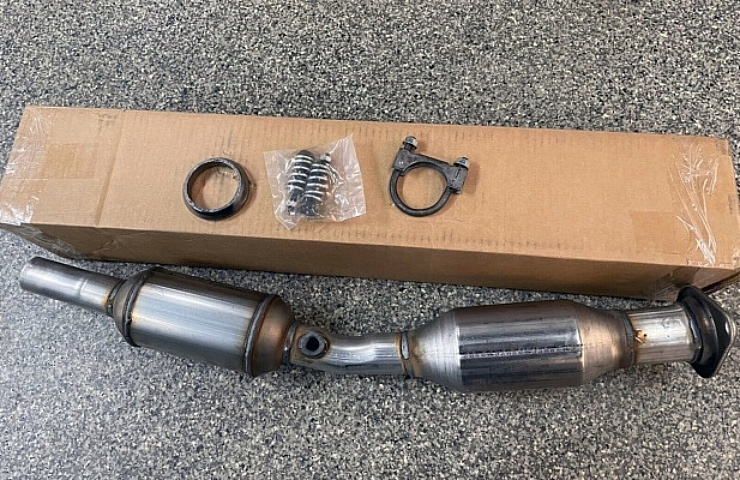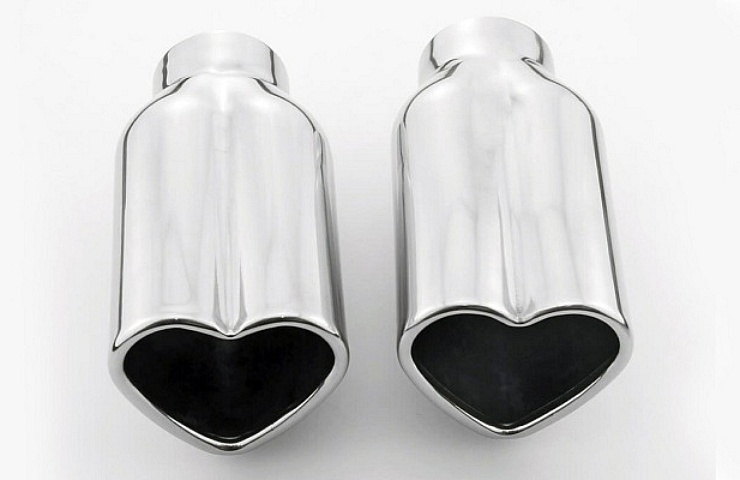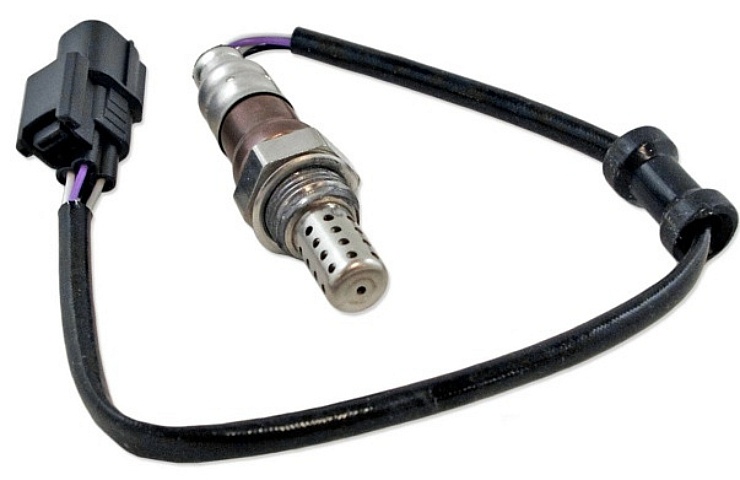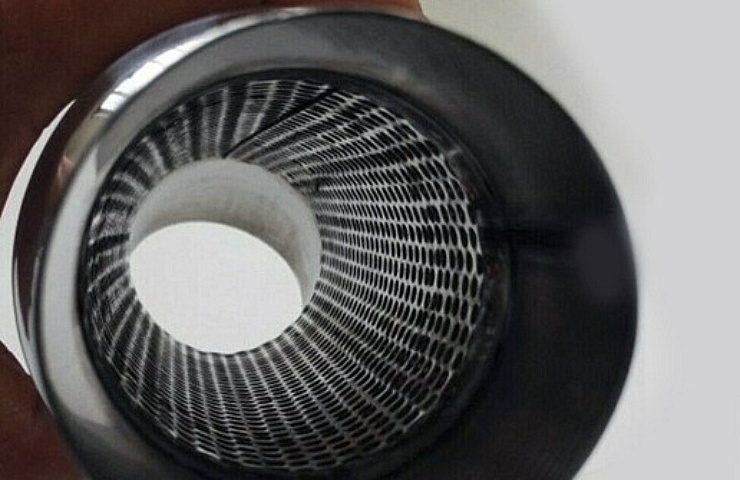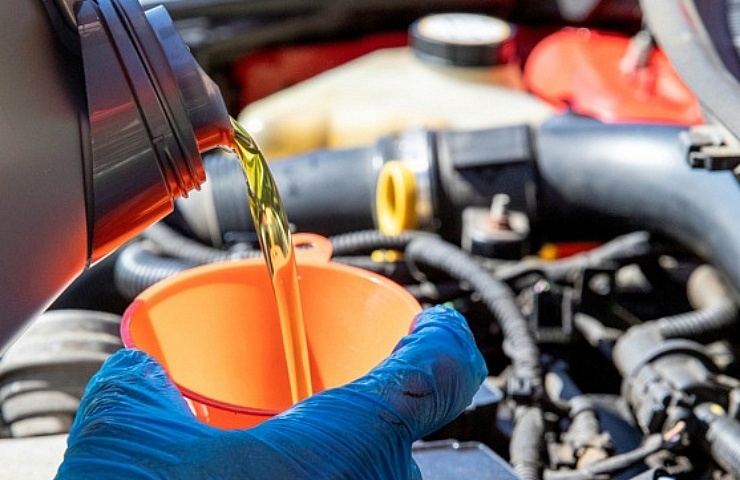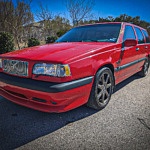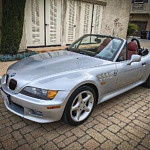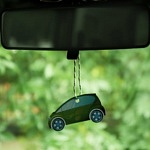By Brian JonesJul 190
When a car won’t start or keep running, either the car battery or alternator might be to blame. Read our guide to figure out which one.
By Jim MotavalliJun 200
Our guide explains when and how to use these powerful cleaning products effectively and safely.
By Chris TonnJun 60
Most people are confused about engine horsepower vs. brake horsepower. The difference is a matter of measurement.
A water pump is the heart of your car’s cooling system. Here is the essential info you need to know when it fails.
By Gary LieberApr 10
An ignition upgrade can result in better starting, throttle response, and fuel economy.
By Gary LieberDec 200
All antifreeze used to be green and all the brands worked the same way. That's changed.
By Gary LieberDec 161
As time passes, the fluids are used—and can drop to dangerously low levels. Keeping them topped off avoids unnecessary repairs.
How much time and money should you invest in oil changes? We add up each step to get a reliable time estimate.
An alternator's replacement cost depends on several factors. New, rebuilt or used? Amperage? One versus three wires?
By Chris TonnNov 26
Swapping a 5.0-liter Ford V-8 into the Mazda Miata's engine bay turns the inexpensive roadster into a tire-shredding monster.
By Nina RussinOct 251
There are multiple solutions: A freeze plug heater, dipstick heater, oil pan heating pad, and in-line coolant heater.
By Daniel SolizAug 300
Adding fuel injection to a vintage ride is as easy as bolting on a carburetor.
One of the least understood gauges measures fuel pressure. Here’s what you need to know.
Modern vehicles often have complicated electronics. But car starters are straightforward and easy to replace.
By Daniel SolizJul 270
To add grunt, you need to burn more fuel. Is it time to consider nitrous oxide? Or a compressed air supercharger?
Changing the air cleaner is a quick and easy job that anyone can accomplish. And it's important to do about once a year.
A catalytic converter cleaner is a first step before replacing the catalyst. Catalytic converters are essential for emissions reduction.
Make an automotive style statement by upgrading to a set of custom exhaust tips. The options are endless, from hearts to flame-throwers.
One common cause for "Check Engine" dashboard warning light is a bad O2 sensor. That's an easy DIY fix.
By eBay MotorsJun 8
If it’s done right, the result is an intoxicating noise.
By Daniel GrayMay 120
Changing your oil is easier than you think. Follow our ultra-simple visual guide to the essential maintenance task.

